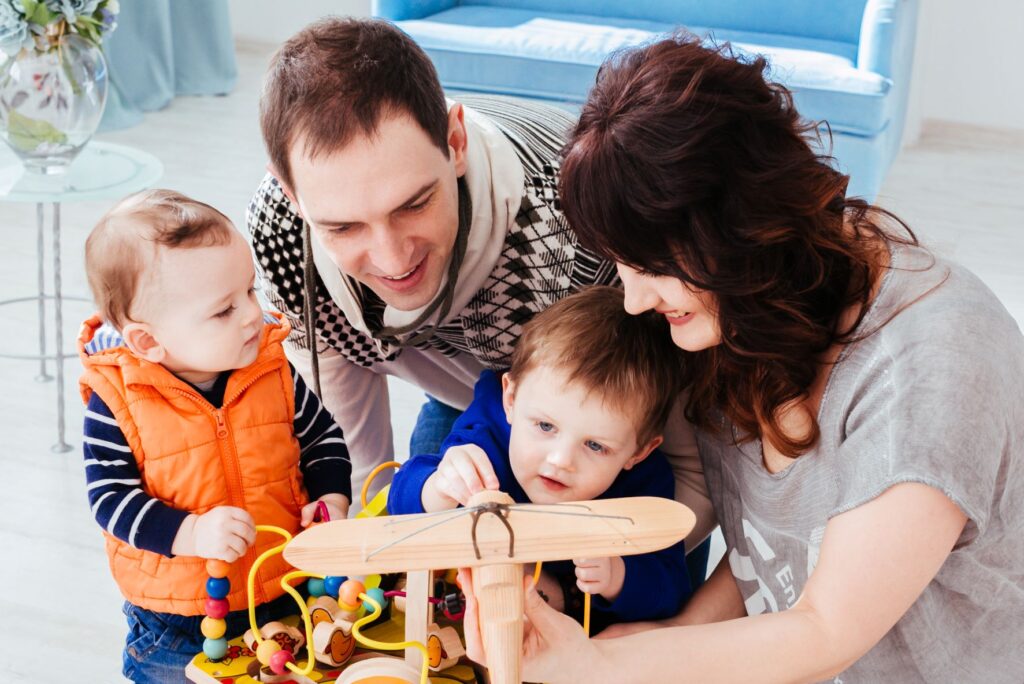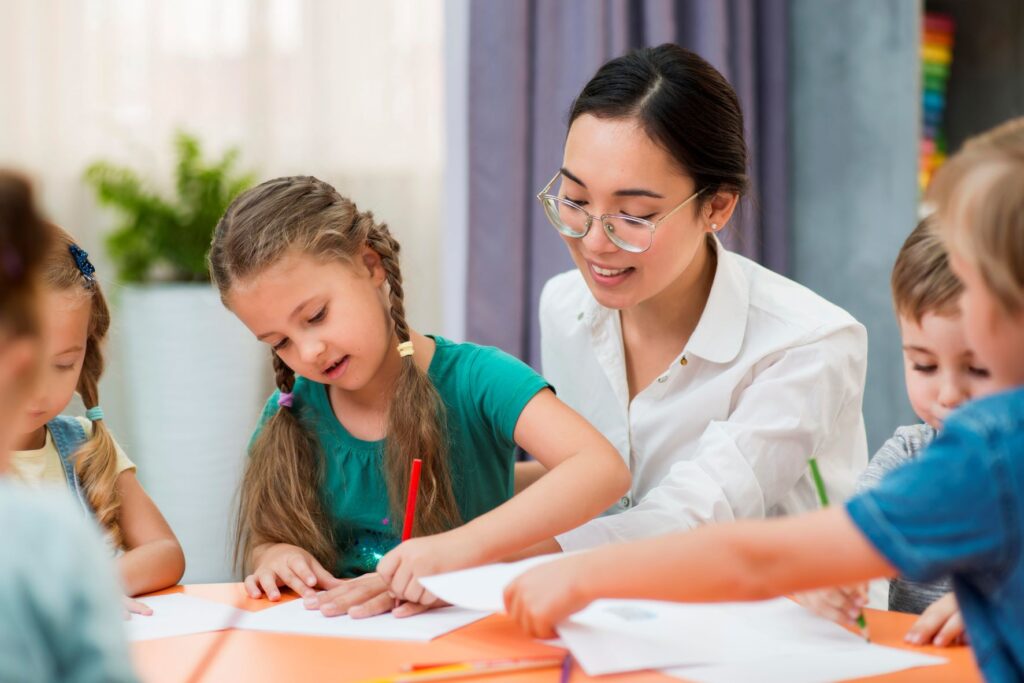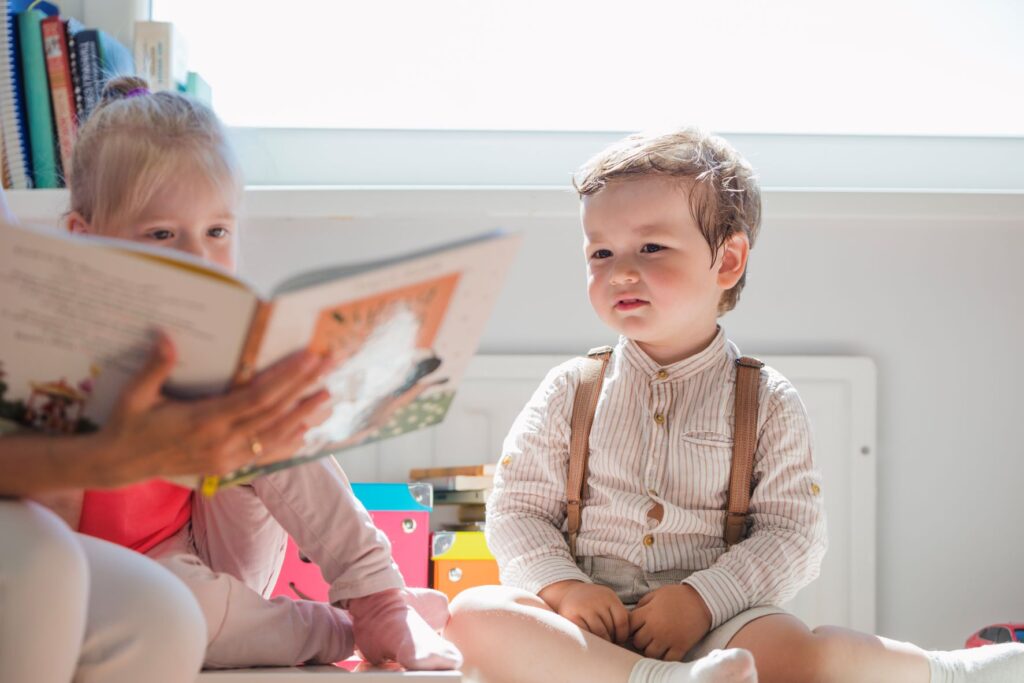Each child in a family, in a classroom, in the world is one-of-a-kind. Each child has an inner self full of dreams and interests, and an outer self that they present in the classroom and the world. The amount to which we value that inner self in the context of family and school can directly shape a child’s sense of purpose, self-esteem and ultimately, success in this highly competitive world.
For parents, this can mean that we learn to separate our expectations and an emphasis on outward achievement and look at who our child truly is and what interests drive them. By discovering and valuing your child’s passions, entry points to learning become clear, and the learning process both in school and at home is more authentic. One strategy is to pay close attention to what your child chooses to do during play, and what questions your child asks you during play and as you move through the day. If your child loves to be creative and work with materials, art can become more than a young child’s hobby. Many children express their understanding of complex concepts through art, and classrooms that allow for artistic expression have students who are highly engaged in the learning process. If your child loves history, use this interest as an entry point for developing reading and writing skills. Parents who value their child’s interests will see the continued curiosity and growth that creates lifelong learners.
When we value children for their interests, we shift the focus from the future to the present. We alleviate the pressure of the final product – achievement – to emphasize the learning process. This shift is important for two reasons: Children can develop the lifelong tools for academic success and have a positive social-emotional experience. Children who are engaged in the process without focusing on the final product are flexible learners who learn to take risks and grow from mistakes. They are better collaborators and can think outside of the box to create something that has not been done before, bringing a level of originality to their work. Emotionally, children who are encouraged to actively engage in tasks from a young age without the goal of skill performance, perfection or praise feels more secure in their abilities and are more able to learn. They feel a lower level of anxiety and a higher level of confidence, which allows them to access their skills more easily, acquire new skills and drives them to further learning.
In other words, removing the focus on achievement puts our children in a much better position to succeed. It also gives them space to be children and to learn through play, a process of self-discovery and fulfillment that supports a healthy emotional life. When we learn to stop looking years down the road and start to focus on each day, we can see the active learning and engage with our children in ways that support them as individuals. Children often inspire our own growth, and when we explore alongside them, we model lifelong learning and deepen our interpersonal relationships. Valuing engagement over achievement is a win-win for everyone.



